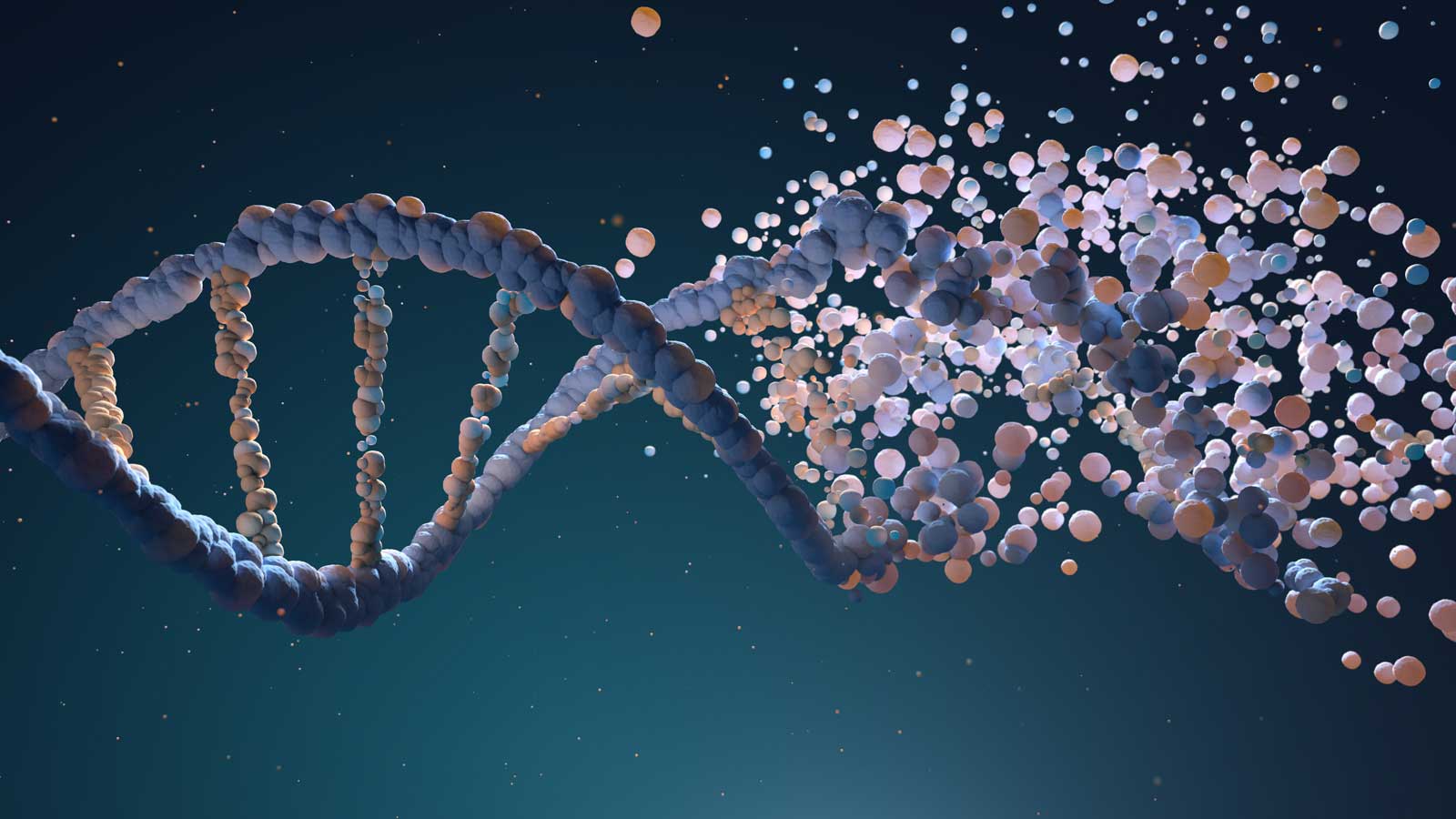In the intricate tapestry of human genetics, the MAOA gene plays a significant role in regulating mood, behavior, and even our cravings for certain foods. Understanding how variations in the MAOA gene can influence our mental health and dietary preferences sheds light on the complex interplay between genetics, neurotransmitters, and overall well-being.
Unveiling the MAOA Gene:
The MAOA gene encodes an enzyme called monoamine oxidase A, which is involved in the breakdown of neurotransmitters such as serotonin, dopamine, and norepinephrine. These neurotransmitters play vital roles in regulating mood, emotions, and stress response.
MAOA and Mental Health:
Variations in the MAOA gene have been associated with various mental health conditions, including mood disorders, anxiety, ADHD, autism, migraines, irritable bowel syndrome (IBS), and fibromyalgia. Individuals with certain MAOA gene profiles may be more susceptible to mood swings, anxiety, and other psychological symptoms.
Fast and Slow Profiles:
Individuals can have different variations or “profiles” of the MAOA gene, which influence the activity of the enzyme it encodes. Those with a “fast” MAOA profile may have higher levels of enzyme activity, leading to the rapid breakdown of neurotransmitters. Conversely, individuals with a “slow” MAOA profile may have lower enzyme activity, resulting in slower neurotransmitter metabolism.
Warning Signs of Fast MAOA:
-
Cravings for Chocolate and Sugar: Fast MAOA individuals may find themselves drawn to chocolate or sugary treats, seeking a quick serotonin boost to alleviate feelings of sadness or melancholy.
-
Feeling Blue: Mood swings and feelings of sadness or depression may be more pronounced in individuals with fast MAOA, as serotonin levels fluctuate rapidly.
-
Midnight Snacking: Waking up in the middle of the night and feeling the urge to snack could be a sign of fast MAOA, as the body seeks to elevate serotonin levels for relaxation and sleep.
Warning Signs of Slow MAOA:
-
Insomnia: Difficulty falling asleep or staying asleep may be more common in individuals with slow MAOA, as neurotransmitter imbalances affect sleep-wake cycles.
-
Restlessness: Feeling agitated or unable to calm down could indicate slow MAOA, as serotonin levels may be insufficient to regulate mood and anxiety.
-
Irritability and Headaches: Increased irritability and frequent headaches may be associated with slow MAOA, reflecting disruptions in neurotransmitter balance.
Balancing Neurotransmitters with Protein:
Consuming a moderate amount of protein can help stabilize neurotransmitter levels, reducing food cravings, mood swings, and the tendency to binge eat. Protein-rich foods provide the building blocks for neurotransmitter synthesis, promoting a more balanced mood and appetite.
The Role of Complex Carbs and Fiber:
In addition to protein, incorporating complex carbohydrates and plenty of fiber into your diet can support stable blood sugar levels and neurotransmitter balance. Foods such as whole grains, legumes, fruits, and vegetables provide sustained energy and promote satiety, helping to curb carb cravings.
Conclusion:
The MAOA gene serves as a key player in modulating mood, behavior, and dietary preferences through its influence on neurotransmitter metabolism. Understanding how variations in the MAOA gene can impact serotonin levels, carb cravings, and mental health provides valuable insights into personalized approaches to nutrition and well-being. By prioritising a balanced diet, adequate protein intake, and lifestyle factors that support neurotransmitter balance, individuals can optimise their mental and physical health in harmony with their genetic predispositions.







